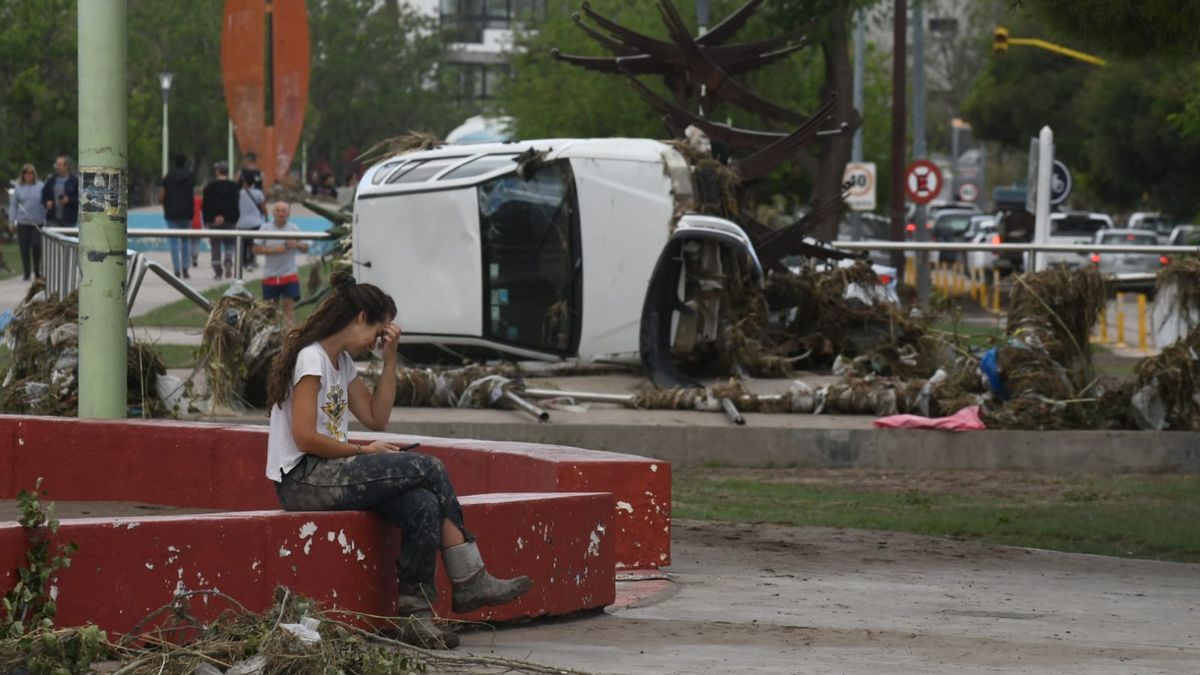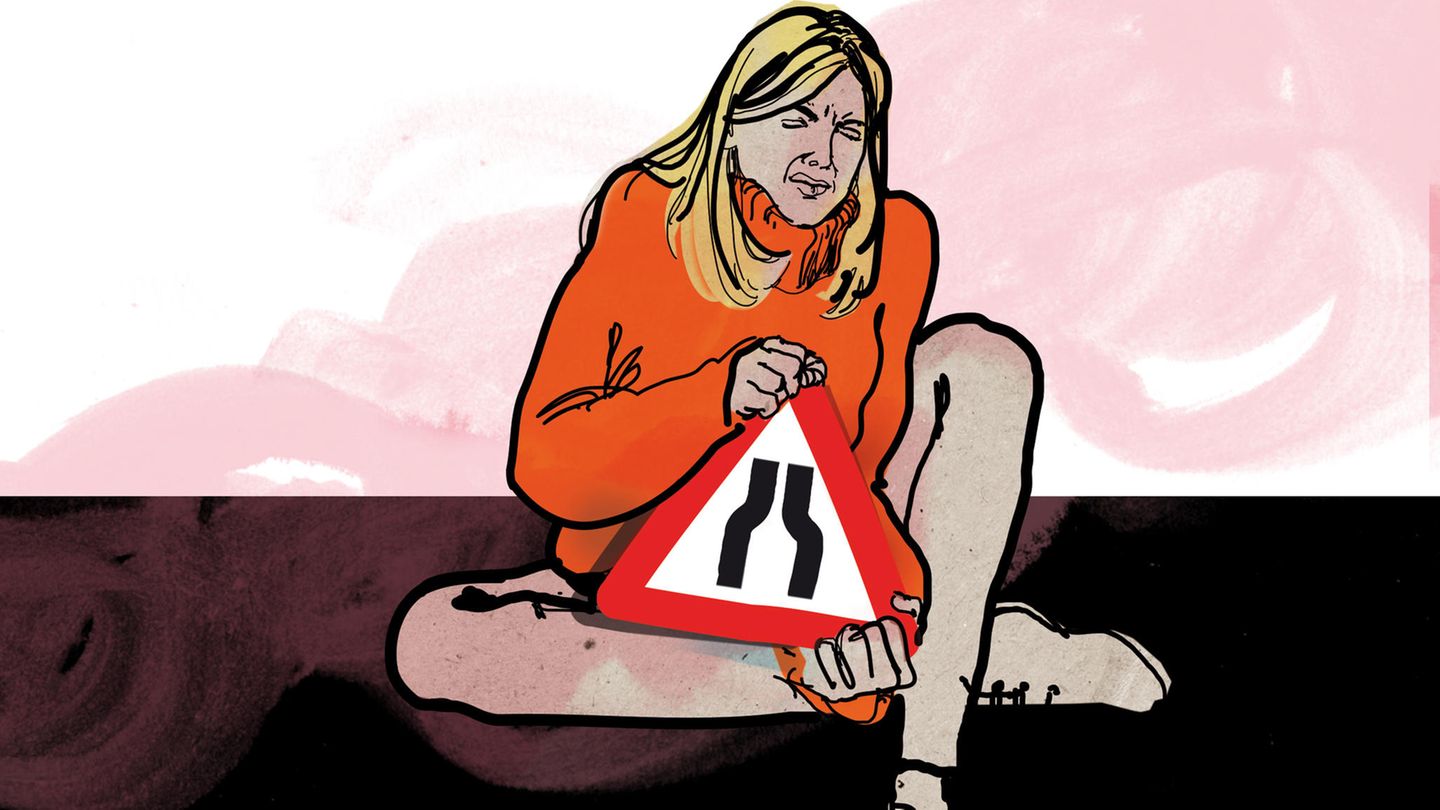The Tragedy in Bahía Blanca He left many emergency family and the entire country pending what happens there. Let’s move seeing the images, and for those who live this flood it is totally expected to feel anguish, fear or uncertainty.
That is why psychological help in psychosocial emergencies is essential: because they are not alone. And this type of emotional containment can make the difference between crossing a crisis or allowing it to become a trauma.
It is natural and expected that emotions fluctuate in tragedy situations.
Accepting and expressing what we feel is key to crossing a crisis in a healthy way. At a time, what happened again and again is repeated, what was lost, which will not return: it is a way that the brain has to try to find an explanation to the critic of the surprise factor. Although it seems that he is a monologue, speaking help.
It is proven that when someone receives comfort from the early stages of a crisis, later emotional recovery is much more solid. Listening and listening makes the difference during the urgency: then psychotherapy will come, but initially emotional containment plays an absolutely key role for resilience.
This is a moment of break, where emotions they hit nothing at all. That is why asking for help – and accepting it – is not a sign of weakness, but on the contrary, of confidence in those around us. Sharing our emotions with nearby people can help relieve emotional load.
And this is key: it is not always necessary to give advice; Sometimes, just being present, listening or even, accompanying in silence, is enough.
What to do if there are boys or girls in the family:
- Explain clearly: adapt the language according to age, without giving unnecessary details that can scare them.
- Give them security: let them know that they are protected and that there are adults working to improve the situation.
- Allow emotional expression: through game, drawings or stories can better process what they are living.
- Avoid overexposure to news: repetition of tragedy images can increase fear and anxiety.
- Demonstrate emotions: also allow to cry in front of children, that makes they can understand that we are all sad and worried, not only them. Validating these emotions is part of teaching them to cross a tragedy in a more functional and healthy way, without suppressing emotions.
How is the resilience process:
- Accepting what we cannot control helps us to focus energy on what we can do.
- Step by step: emotional and material recovery takes time, it is important not to be demanded more than possible.
- Finding professional help: if anguish or stress interfers with daily life, psychological accompaniment can be key.
The psychologists who are specialized in emergencies were trained to give initial coping strategies and emotional support in these circumstances of disasters and tragedies. We know what to say, how and when.
Psychologist specialist in psychological first aid, emergency psychology [de la Escuela de Psicología Social] Sexologist and couples psychologist.@Lic.marianakersz (Mn 59610)
Source: Ambito
I am an author and journalist who has worked in the entertainment industry for over a decade. I currently work as a news editor at a major news website, and my focus is on covering the latest trends in entertainment. I also write occasional pieces for other outlets, and have authored two books about the entertainment industry.




